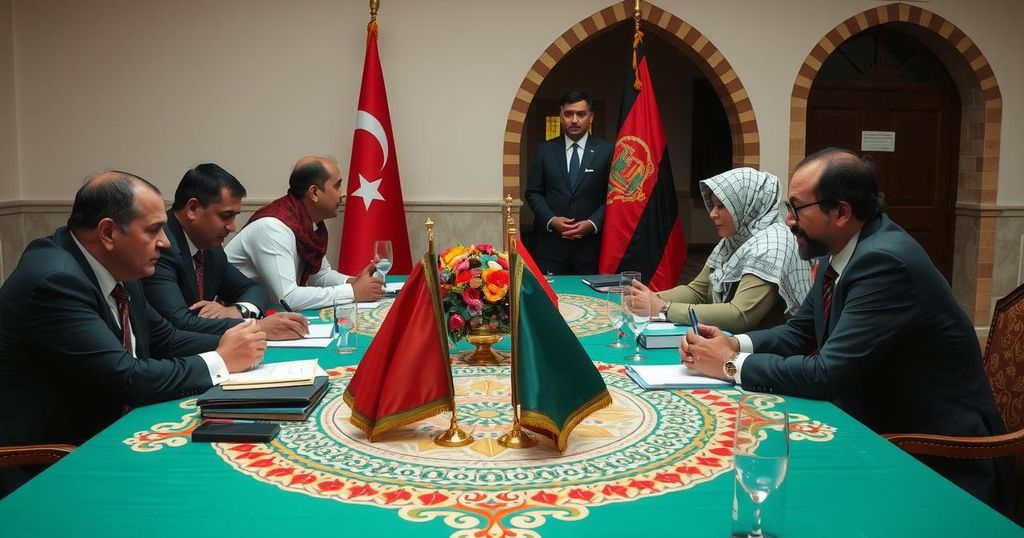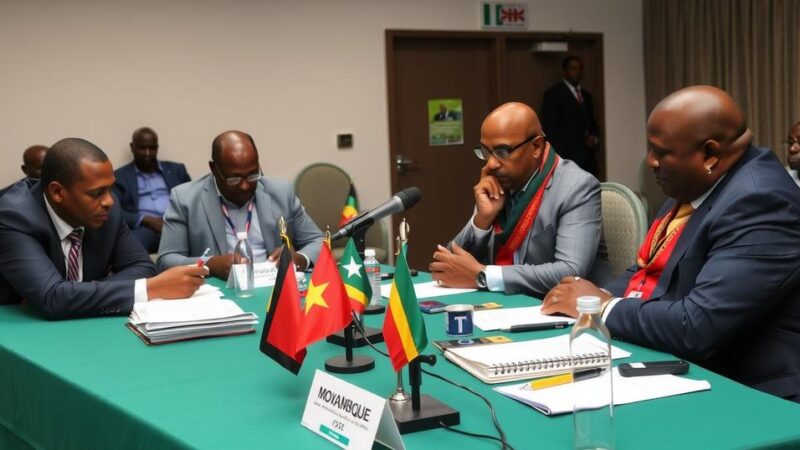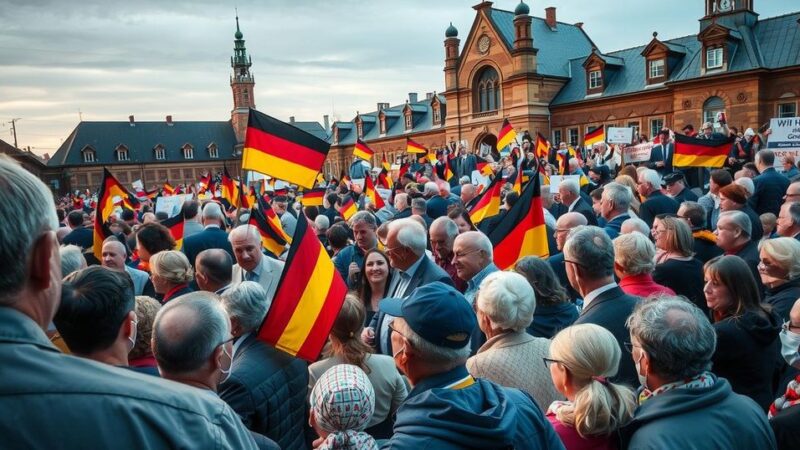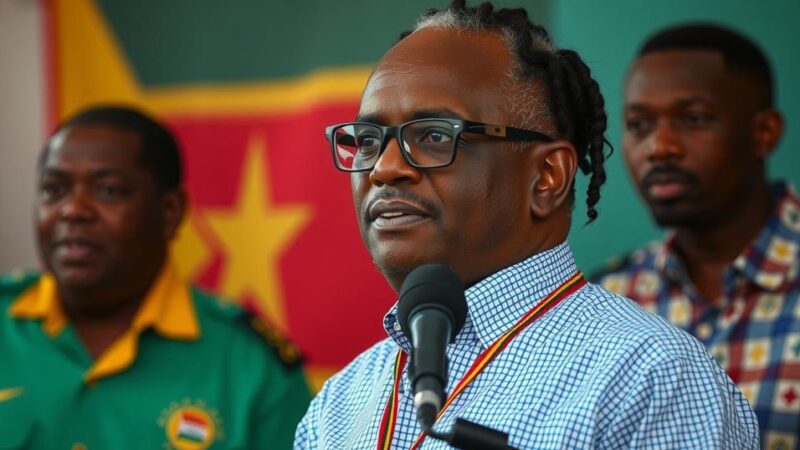Libyan rival factions have resumed talks in Morocco to address a political stalemate that threatens to bring further chaos to the nation. The discussions involve the High Council of State from Tripoli and the House of Representatives from Benghazi, seeking a path toward unity and credible elections after ongoing instability since the failure of elections in December 2021.
Delegations from conflicting Libyan institutions have convened in Bouznika, Morocco, in an effort to resolve the ongoing political impasse that has persisted for years. Following the NATO-backed uprising that deposed Muammar Qaddafi in 2011, Libya has experienced significant turmoil, becoming divided into two rival administrations since 2014. The current discussions involve the High Council of State from Tripoli and the House of Representatives from Benghazi, as they seek to establish a framework for peace and unity.
At the commencement of the negotiations, Moroccan Foreign Minister Nasser Bourita emphasized the importance of collaboration among the factions, stressing the need to prepare for credible elections. He articulated that “the numerous international and regional conferences on Libya will not replace the inter-Libyan dialogue which has credibility and ownership,” reinforcing the necessity of an internal dialogue to facilitate a resolution.
A previous election, scheduled for December 2021, was abandoned due to disagreements over candidate eligibility, further stalling the political process meant to conclude years of strife and division. In line with the 2015 Libyan Political Agreement, the High State Council was created as a consultative body aimed at bridging the governmental divide. Contrary to this agreement, the House of Representatives established a rival government, proclaiming the previous Prime Minister’s mandate had lapsed, thereby exacerbating the existing schism between eastern and western factions.
The political landscape in Libya has been marked by instability and fragmentation since the ousting of Muammar Qaddafi in 2011. Following a decade of conflict, the nation has found itself split between two rival administrations, one located in the east and the other in the west. The attempt to renew dialogue between the High Council of State and the House of Representatives reflects an ongoing struggle to reconcile differences and stabilize governance in the country. The failure of the December 2021 election has further complicated these efforts, highlighting the urgent need for a legitimate political process.
In conclusion, the ongoing talks in Morocco represent a critical step towards overcoming Libya’s prolonged political deadlock and establishing a path toward unity and credible governance. The participants, particularly the Moroccan Foreign Minister’s emphasis on the importance of inter-Libyan dialogue, underscore the necessity of domestic efforts in resolving the crisis. The fate of Libya rests on the ability of its leaders to navigate their differences and work collectively for a stable future.
Original Source: www.arabnews.com







